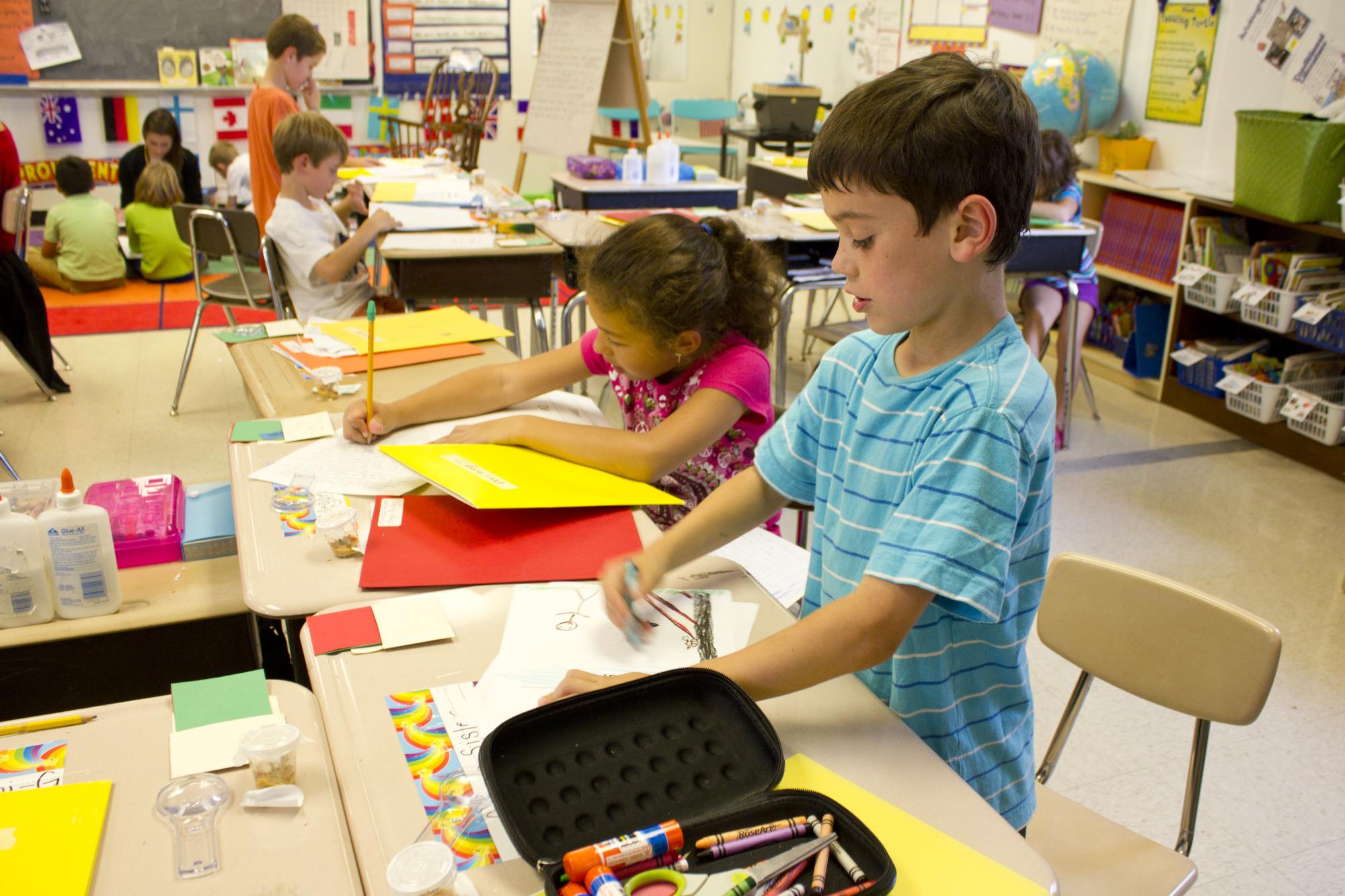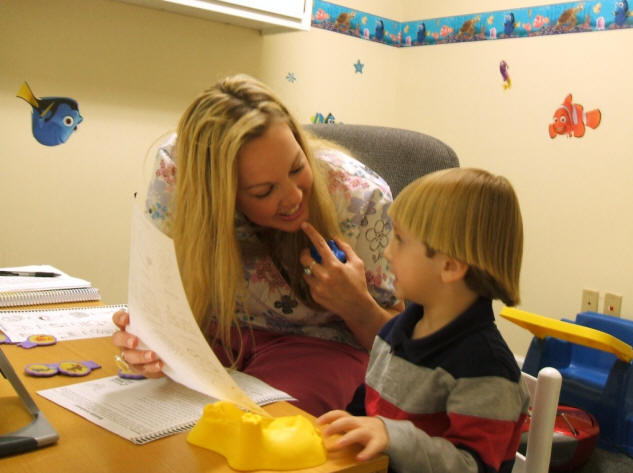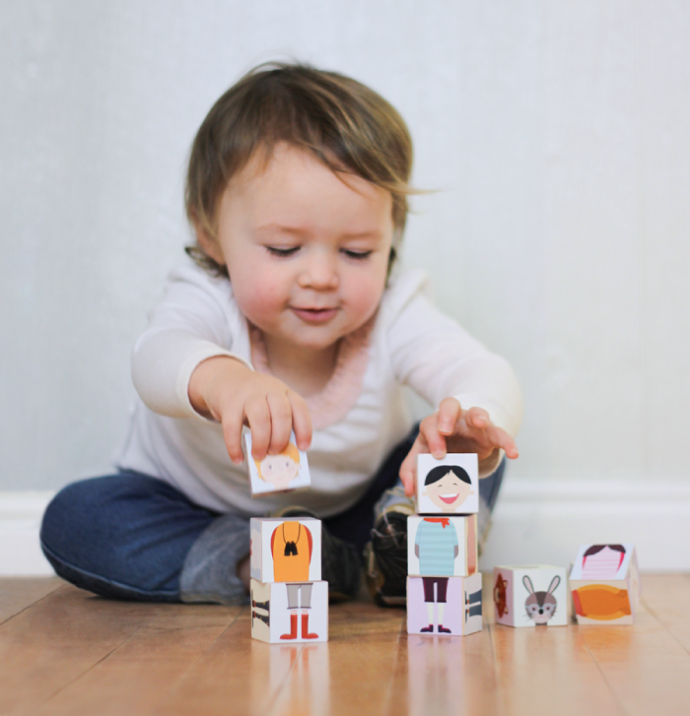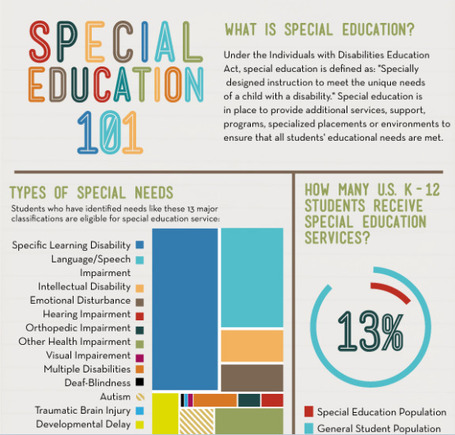Often, the beginning of the school year means drafting new Individualized Education Program (IEP) goals or updating older ones. This post is dedicated to tips on how you can get your students’ IEPs to best reflect their highest priority needs and make clinical gains this school year.
Write a Specific IEP
As you’re probably aware, an Individualized Education Program (IEP) is a legal document. What’s included in it and signed by school district officials, therapists and parents binds the school district to providing services to meet the listed goals. If you strongly believe, in your informed clinical opinion as per a comprehensive evaluation, that a child would benefit from a particular methodology, it would be a good idea to include the specific name of that methodology. In pragmatics, this could include principles of social thinking; in auditory processing disorders, this could include dedicated software applications; in articulation, this could include PROMPT or tactile biofeedback (e.g. Speech Buddies Tools). Whatever methodology you include in an IEP goals list should be supported in the research literature and be drawn from a clear therapeutic rationale, based on your comprehensive assessment or extensive experience with that child.

Coordinate with Other Child Therapy Services
Because a child’s therapy services are part of a more holistic plan for his or her educational development, it’s important to coordinate goal drafting, especially those highest priority goals, with other members of that child’s team: other therapists, teachers and even parents. In other words, a particular goal or set of goals may, from a purely say language development standpoint, be most urgent. However, considering the current and future demands of a child’s curriculum, another set of goals may be more pressing. For Example, Rory at age 7 could be notably delayed in acquiring those frequently used irregular past tense verbs. While this could be the most obviously delayed part of his profile, his ELA teacher has told you that the coming semester will place a strong burden on his narrative skills. In order to parallel your work with that of the classroom, it may be indicated to modify your goals so Rory can get the most out of the coming unit in his ELA class. This I’ve found to be especially important when working with middle schoolers and high schoolers; they tend to not want speech and language services to be removed from their other academic work. It’s important that we respond to the student’s current educational life.
Errors in IEPs
I cannot tell you how often I’ve reviewed IEP goals and seen blatant errors. I’ve seen cases where the name on the front page of the IEP didn’t match the name listed on the IEP goals; I’ve seen grammatical gender errors (he vs she, etc.) and goals from other disciplines (e.g. OT and counseling and even remedial academic domains) included in the areas meant for speech and language goals. I’ve seen goals that simply make no sense in the context of a child’s true needs. Make sure you a give any IEP you are writing a thorough once-over before drafting your own goals. and if you’re reviewing an IEP written by another therapist and the content of the goals simply doesn’t match the needs of that child, consider amending the IEP.
I don’t need to tell you that the IEP is our principal guiding document. Given its importance, the above tips can provide act as a useful guide for how to maximize the effectiveness of an IEP. We at Speech Buddies wish you the best of luck as we all together embark on another great school year.





